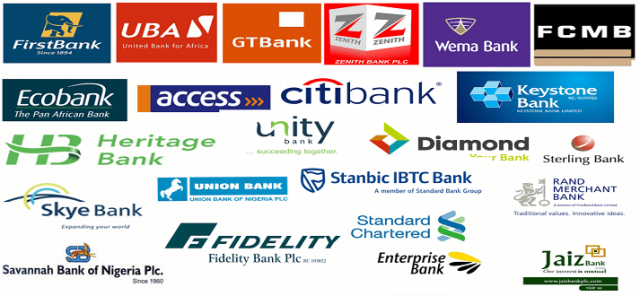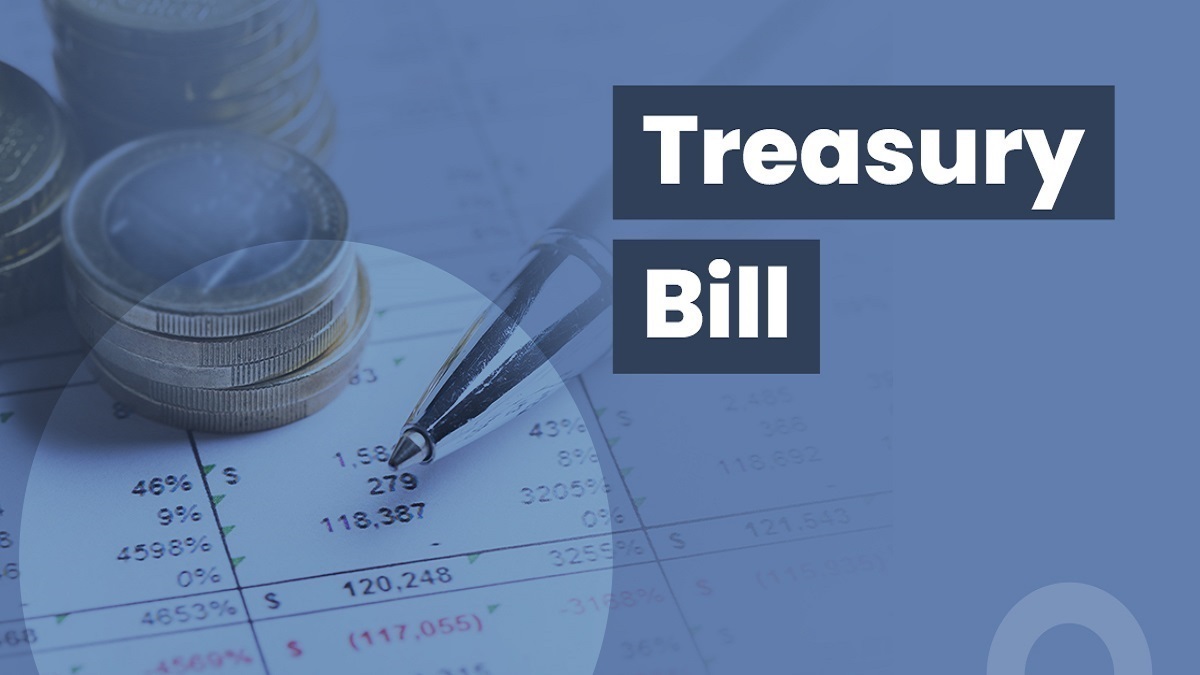Place your adverts here on InfoDig @ low rates; banner ads, sponsored links and guest articles etc. Contact us
Interbank rates have risen as a result of the financial markets’ persistent lack of liquidity. Money market rates have remained elevated to reflect the ongoing financing profile, with banks borrowing from the Central Bank to bridge the liquidity deficit.
The lack of major inflows into the financial system keeps interbank rates high, increasing the return on money market deposit accounts. Futureview Financial Services Limited reported a liquidity balance of N773.48 billion on Tuesday, down from N814.64 billion the previous day, reflecting main drivers of money market rates.
Cowry Asset Limited, an investment banking business, revealed that Nigeria’s interbank borrowing rate (NIBOR) fell across all maturities, indicating better liquidity in the banking sector.
But key money market rates, such as the Open Repo Rate (OPR) and Overnight Lending Rate (O/N), increased by 0.11% each, closing at 32.36% and 32.61%, respectively.
Analysts also said Nigerian Interbank Treasury Bills True Yield saw an upward movement across most maturities, while the average secondary market yield on T-bills moderated by 0.03%, settling at 24.14%.







)








 English (US) ·
English (US) ·